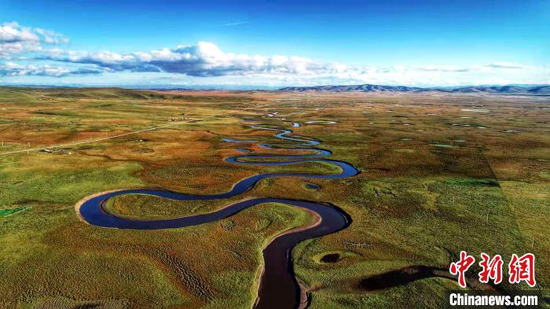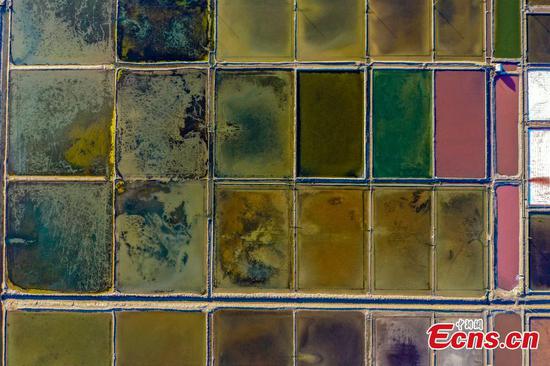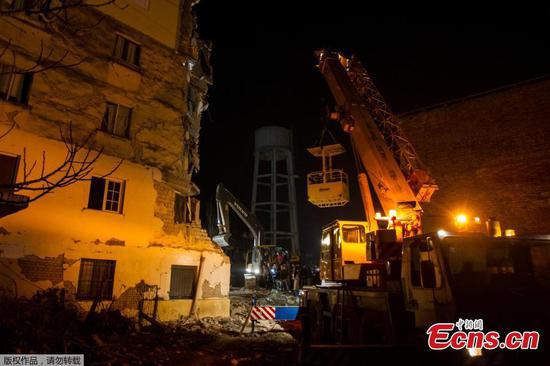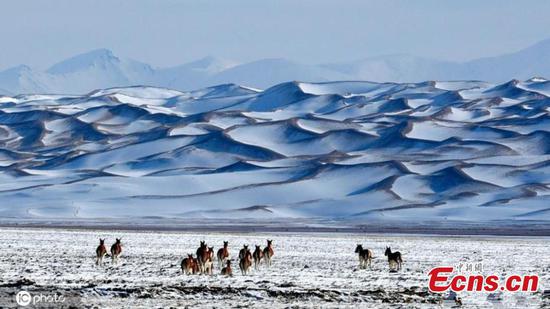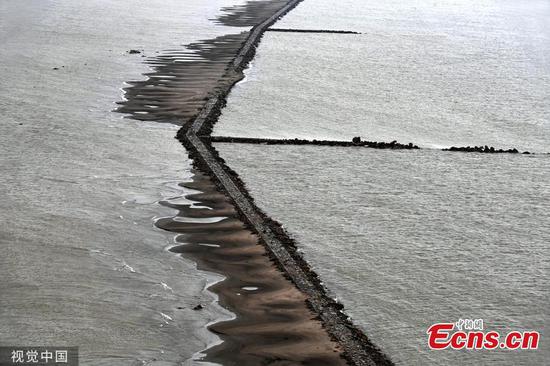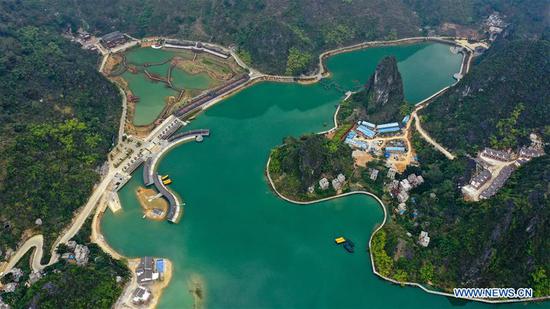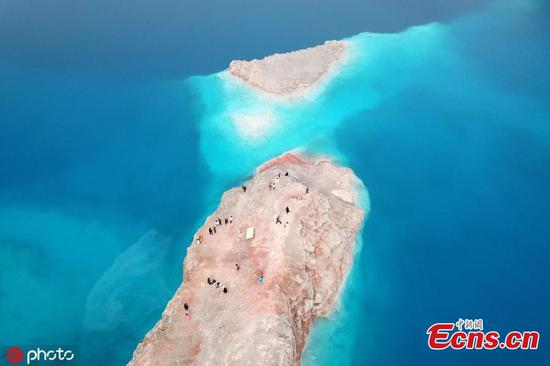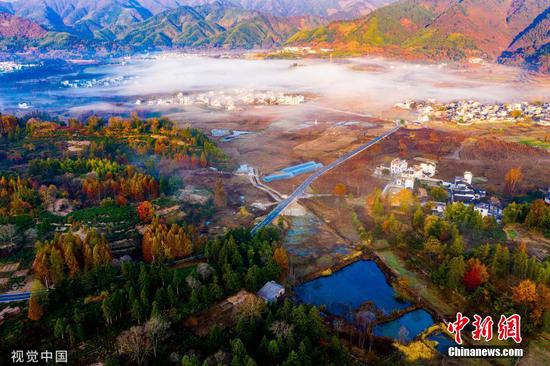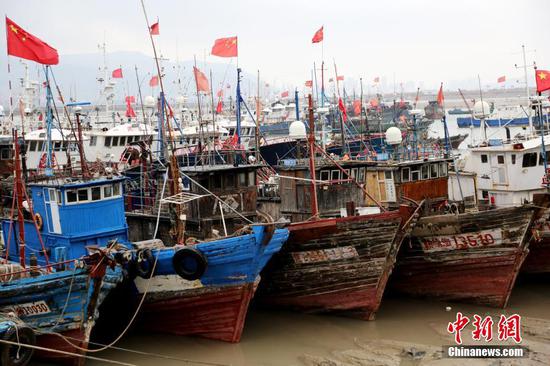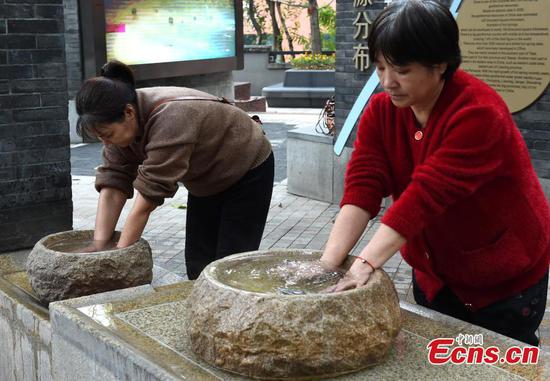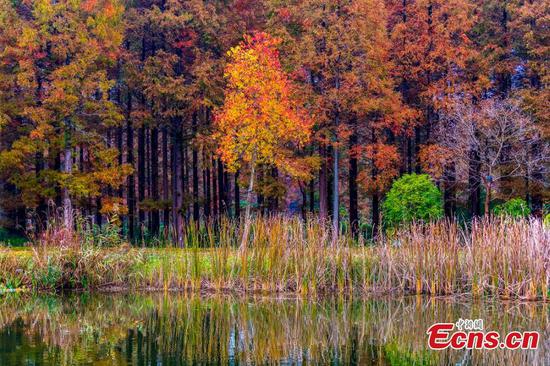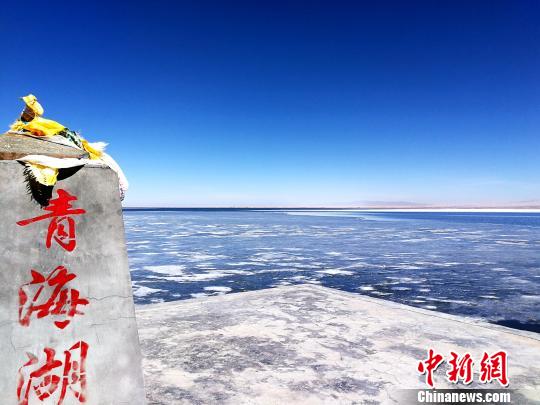
Qinghai Lake in Northwest China's Qinghai Province. (File photo/China News Service)
Province boasts ultraclean plateau, ancient cultural heritage and rich mineral resources
(ECNS) -- Northwest China's Qinghai Province is increasing efforts to attract more people from across the world to learn about its natural beauty and unique culture.
The province got its name from Qinghai Lake, China’s largest inland saltwater lake, said Wang Jianjun, local Party secretary.
Since ancient times, whenever people mention Qinghai Lake they think of "green lake", "blue sea" or "fairyland" due to its picturesque scenery.
Qinghai is the source of three of China's most important rivers: the Yangtze, Yellow and Lancang. The first two are known as the mother rivers of China. The Lancang (or Mekong) is one of the most important water systems in Asia. It flows through China, Myanmar, Laos, Thailand, Cambodia and Vietnam before joining the South China Sea.
With a total area of 720,000 square kilometers, the province boasts more than 5,000 lakes and 4,200 rivers. Annually it supplies some 60 billion cubic meters of freshwater to lower reaches, benefiting millions of people, data from the provincial government show.
Qinghai is located on the “planet’s third pole” — the Qinghai-Tibet Plateau. The plateau has the world’s largest stretches of alpine wetlands, grasslands, shrubs, forests and other ecosystems. Green and blue space accounts for more than 70 percent of the total area. The plateau was known as one of four ultraclean areas in the world by UNESCO, Wang said.
Qinghai boasts the richest biodiversity among high-altitude regions internationally. The total value of the province’s ecological resources reaches nearly 19 trillion yuan ($2.73 trillion), he noted.
In 2015, Qinghai was approved to build the Sanjiangyuan National Park. This made it one of the first provinces in China to carry out a pilot program for the national park system. In August this year, the province held China’s first forum on national parks in its capital city, Xining.
The two-day event attracted more than 450 representatives of regulatory agencies, experts and scholars from home and abroad. They discussed topics including construction and management of nature reserves, biodiversity protection and the future of natural heritage sites.
“The success of the forum has opened a new window for Qinghai to connect with the country and the world,” Wang said.
